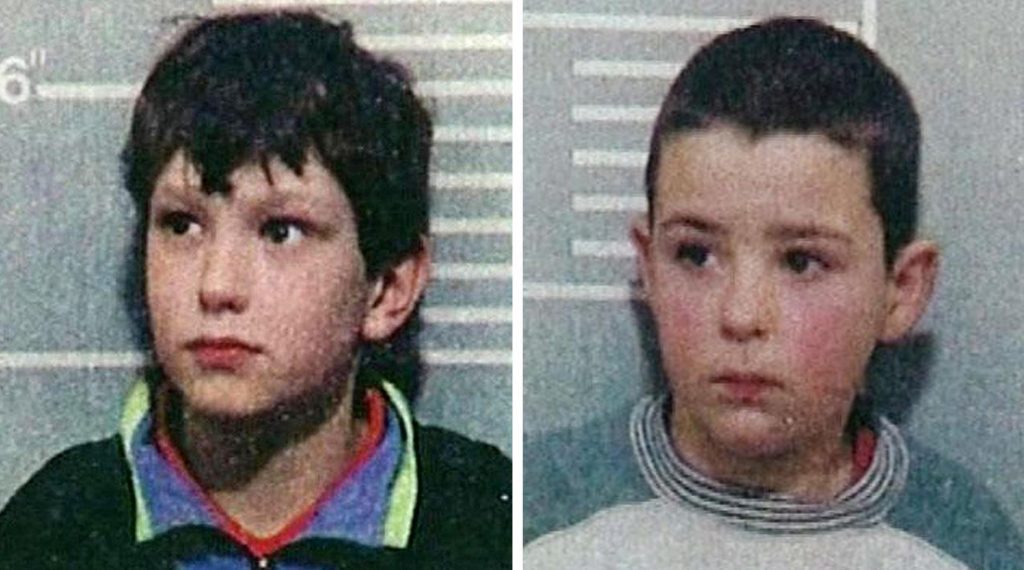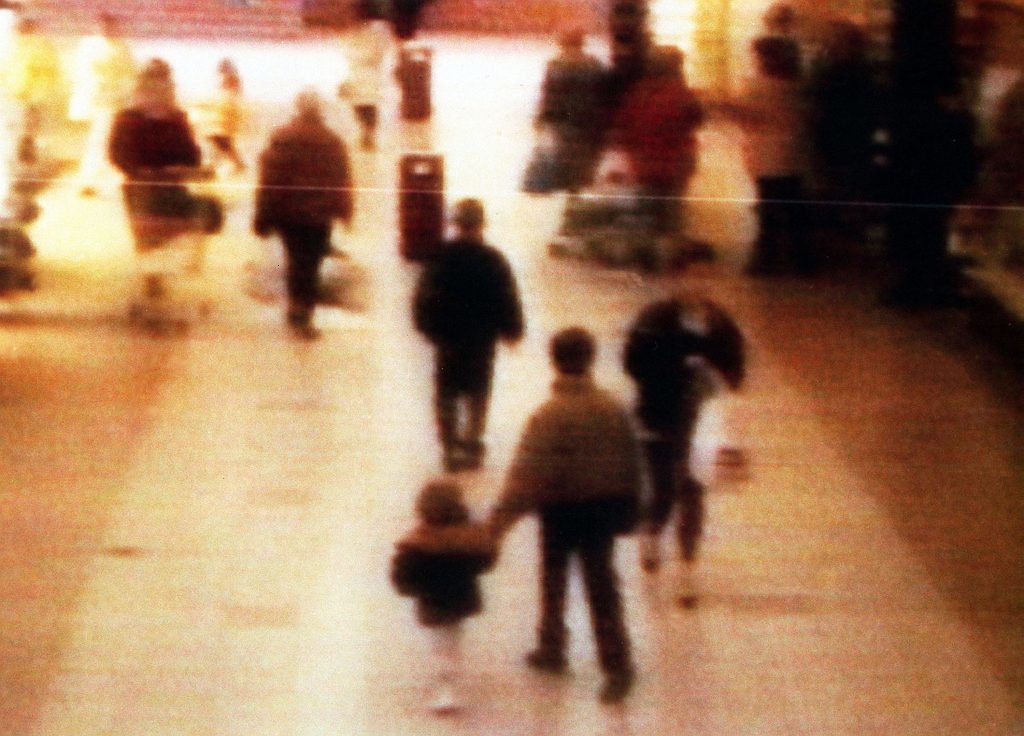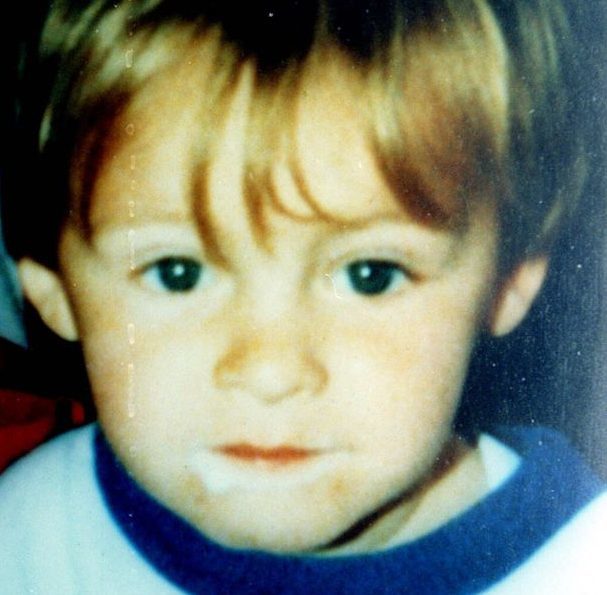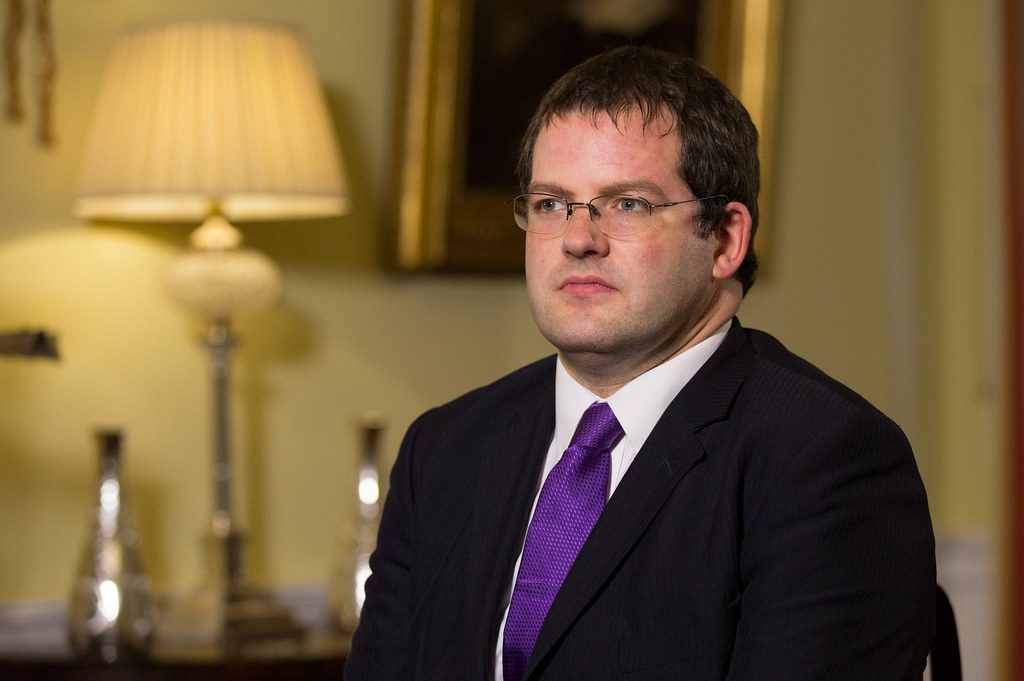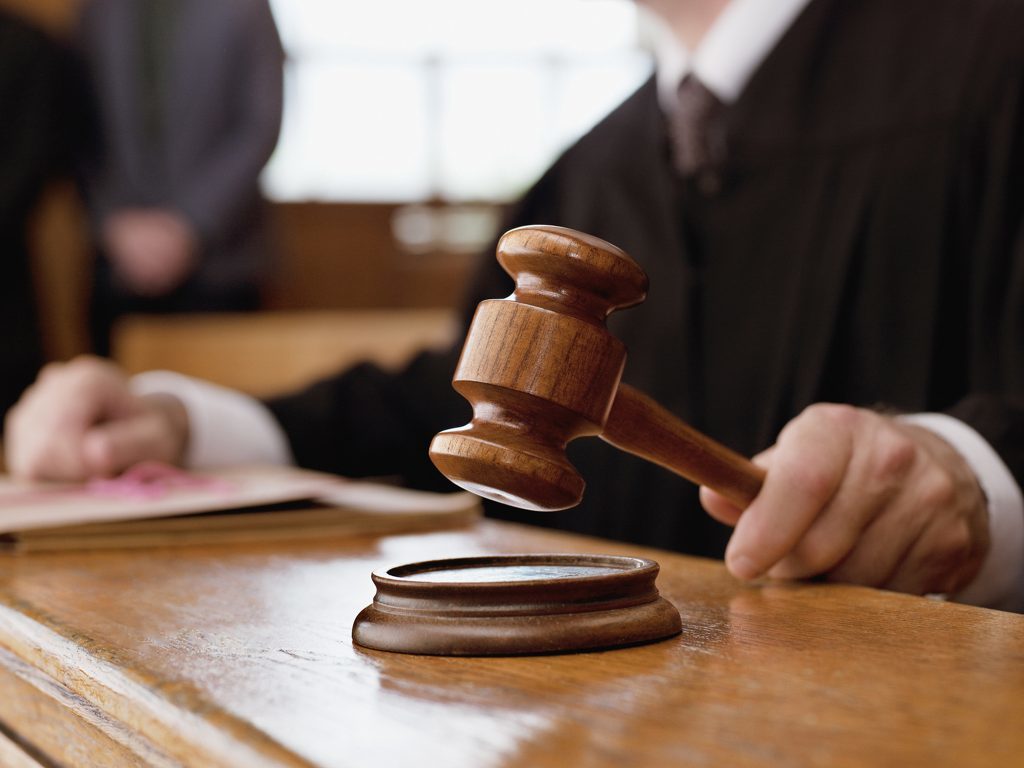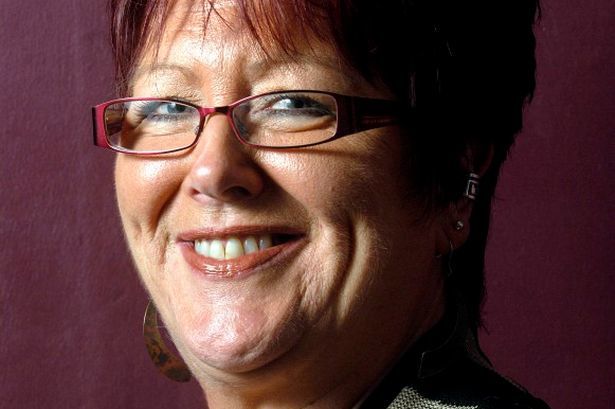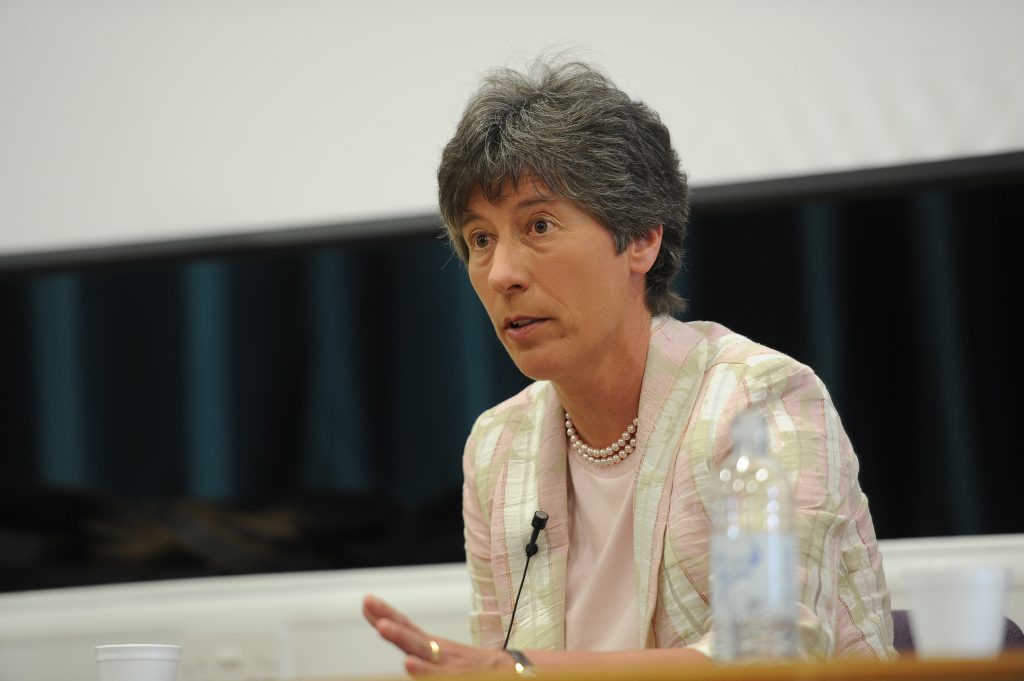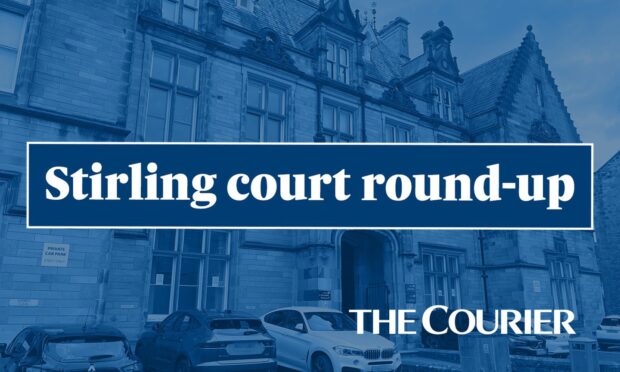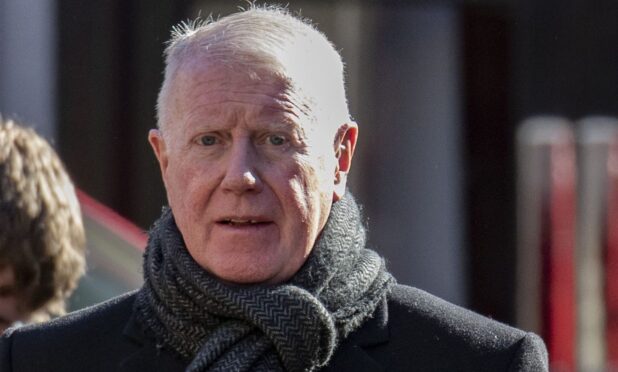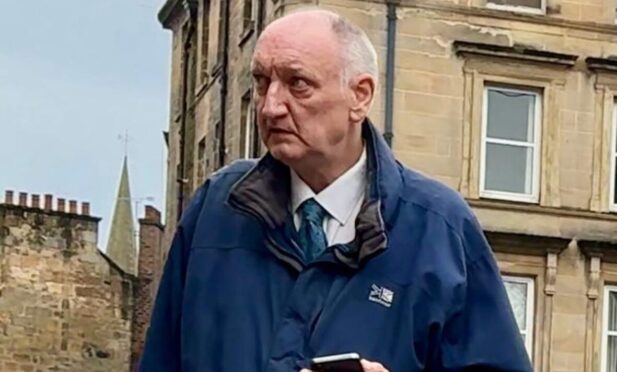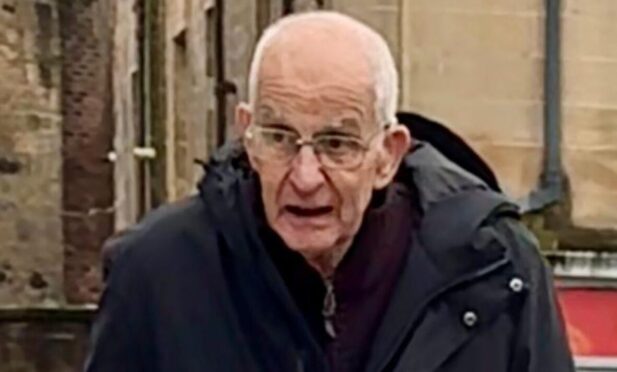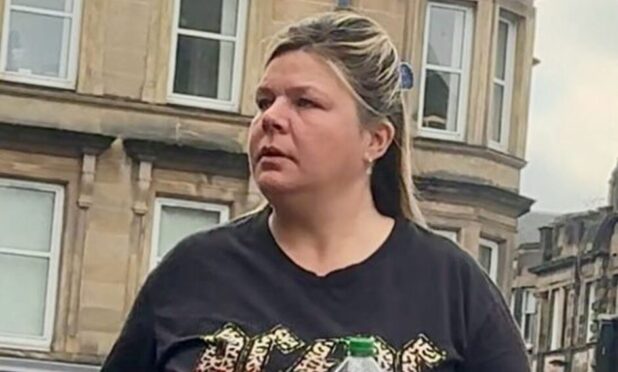As the Scottish Government looks to raise the age of criminal responsibility from eight to 12, Michael Alexander looks at the issues.
Walking through a Merseyside shopping centre, the grainy CCTV images of Jon Venables and Robert Thompson leading Liverpool toddler James Bulger to his death still resonate powerfully to this day.
Amid overwhelming national revulsion at the abduction and murder, their conviction in November 1993 led to heated debate as to whether two boys, aged 10 at the time of the killing, should stand trial for murder.
Thankfully there have been no similar Scottish cases in the 23 years since.
But pressure has been mounting for a review of the age at which Scottish children should be held criminally responsible for their actions.
At the Scottish Parliament on Thursday afternoon, the Scottish Government announced it is to raise the minimum age of criminal responsibility from eight to 12.
Early Years Minister Mark McDonald confirmed the proposed change in a statement to MSPs.
At eight-years-old, Scotland currently has the lowest minimum age of criminal responsibility in Europe and the move will bring the country in line with United Nations and international standards.
By contrast, the minimum age of responsibility is 10 in England and Wales, 13 in France and Holland, 15 in Denmark, 16 in Spain and Russia, and 18 in Belgium and Luxembourg.
At present, children under the age of 12 cannot be prosecuted in court in Scotland, but those aged eight and over can be referred to the children’s hearings system for offending, meaning they have a criminal record.
An advisory group set up by the Scottish Government in 2015 recommended that the age of criminal responsibility be raised to 12, with ministers holding a consultation on the age change between March and June this year.
Giving an update at Holyrood, Mr McDonald said the government would introduce a bill this session, with the change implemented in time for Scotland’s Year of Young People in 2018.
“The case for change is clear and compelling,” he said.
“Having the lowest minimum age of criminal responsibility in Europe does not match with our progressive approach to youth justice and ambitions to give children the best start in life.
“In 2010 we raised the age of criminal prosecution to 12 – meaning no one under the age of 12 will be prosecuted or sentenced in the criminal courts and are instead dealt with through the Children’s Hearing System.
“Raising the age of criminal responsibility will mean people no longer face potentially damaging and life-altering consequences, such as a criminal record, for events that took place when they were a young child.
“I recognise that in exceptional cases appropriate safeguards are needed. Therefore we will ensure police powers to investigate harmful behaviour by under-12s, while there will be risk management and monitoring measures for those who need it.”
Milnathort-based mother-of-two Liz Rougvie, a former member of the Fife Children’s Panel, told The Courier the move was “long overdue” – although she feels even 12 is too low.
She said:“Children who commit crimes are invariably victims themselves – of poor parenting; physical, emotional or sexual abuse; chaotic lifestyles or poverty.
“I don’t believe they’re born with an innate sense of right and wrong and unlike adults don’t have the cognitive skills to think their actions through.
“Children’s hearings make decisions based on ‘needs not deeds’ and always in the best interests of the child.
“If it’s considered to be in the interests of public safety, a child can be held in secure accommodation.
“But ironically, as the law stands at present, if a child appears before a children’s hearing on offence grounds, he or she will have a criminal record. This too needs to be addressed.”
The Law Society of Scotland said raising the age of criminal responsibility would bring consistency across Scots Law.
Ian Cruickshank, convener of the Law Society of Scotland’s Criminal Law Committee, said: “The interests of the child must be paramount and it is crucial that their welfare is the focus of attention even in the difficult circumstances of offending behaviour. We do not think that children under the age of 12 should have their actions recorded as criminal.”
Anne Houston, the chief executive of Children 1st, said: “It’s the Scottish government’s ambition to make Scotland the best place for children to grow up: a country where they are protected, their rights are respected and support given where needed.
“Our organisation’s view raising the age of criminal responsibility for children as one of the key actions needed to help make this vision reality.”
Mid Scotland and Fife Conservative MSP Liz Smith recognised the desire for change but said it was important to make sure the proposed changes did not undermine the rule of law.
“We will scrutinise all the evidence presented to Parliament extremely carefully,” she said.
“There are complex issues relating to this potential change, not the least those concerning the need for important safeguards to be put in place when exceptional cases of criminal behaviour take place.”
